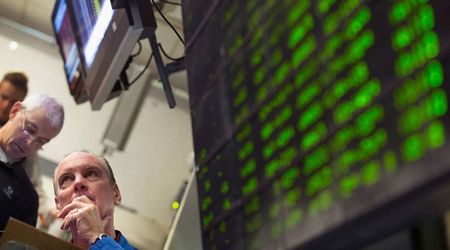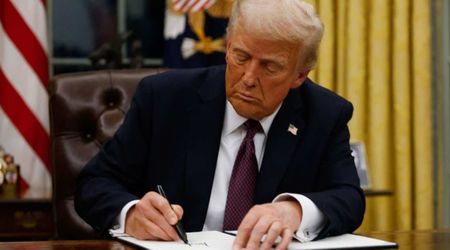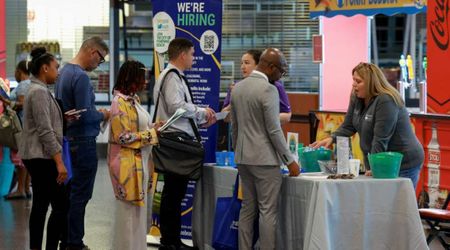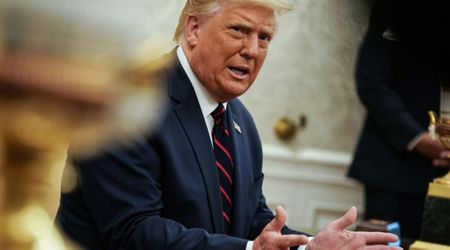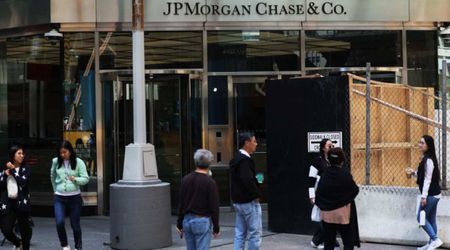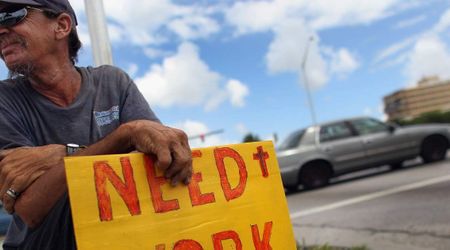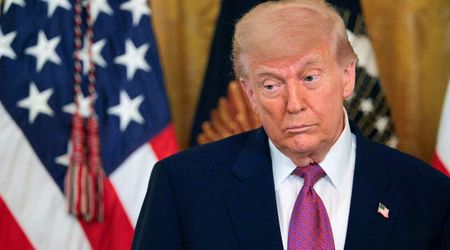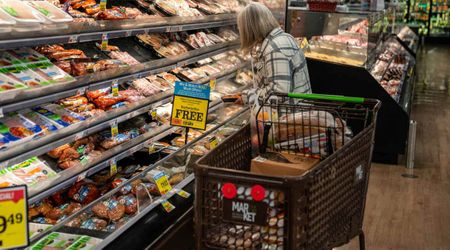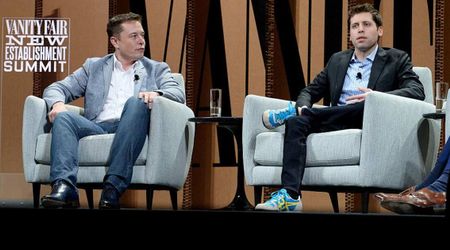Here's Why the Strong Growth of the American Economy May Not Help Every Section of Society

Despite persistent inflation, the U.S. economy has continued to grow at a relatively steady pace. The primary driver of growth has been consumer spending which accounted for about 70% of gross domestic product, per CNN. However, recent trends paint a different picture of the economy which isn’t all rosy. Experts are worried that the flipside to growth may be worrying for many Americans.

Slower economic growth
The U.S. economy exceeded expectations in the fourth quarter. GDP revised up to a 3.4% growth rate boosted by strong consumer spending and business investment in factories and healthcare facilities, as per the Commerce Department’s report. However, in the first quarter of 2024, U.S. economic growth was much weaker than expected. While the GDP increased at a 1.6% annualized pace, prices rose at a faster rate, consumer spending increased 2.5% in the first quarter, down from a 3.3% gain in the previous quarter.
WATCH: The US GDP rose 1.6% in the first quarter, well below economists' estimates of 2.4%, at its slowest pace in nearly two yearshttps://t.co/zK55mp4BtK pic.twitter.com/QHuEGZBVOj
— Reuters Business (@ReutersBiz) April 26, 2024
Cause for concern
CNN Business Before the Bell newsletter suggested while the activity in the U.S. remains relatively strong, the signs of the momentum beginning to cool down are strong. The unemployment rate climbed up to 3.9% last month, and experts further suggested that lower-income consumers are spending less and businesses are limiting employee hours and pay at a slower rate. “That may mask more pronounced financial difficulties for the bottom three income quintiles facing the strenuous combination of higher prices, larger interest burdens, and softening job prospects,” EY chief economist Gregory Daco said in a recent release.
Furthermore, Skyler Weinand, chief investment officer at Regan Capital suggested that the economy has bifurcated into the “haves and have-nots.” In a statement, Weinand suggested that middle-class Americans are struggling with rising prices and lagging wage growth.
While the growth numbers are relatively strong, experts suggest that the US has been in a “rolling recession” where certain sectors are suffering while others thrive. This is particularly bad as it mostly hurts lower-income Americans. In a K-shaped economy, some parts of society may experience renewed growth while others continue to lag behind. While most think that the recovery from the 2020 recession is V-shaped, many point out that it was actually two-pronged.

The report suggested that while white-collar jobs recovered quickly with the help of stimulus payments and appreciation in stocks and home prices, low-income Black and Hispanic families who saw the fastest depletion of their savings during the pandemic, may still be suffering, even as their stories are obscured by data that paints the picture of a resilient economy.
Impact of a bifurcated economy on inflation
In his EY-Parthenon note, Daco wrote that in this environment, some businesses will continue to succeed while others will struggle, which “will also lead to conflicting inflation signals with some sectors experiencing outright deflation and others experiencing persistently elevated inflation,” he wrote.
WATCH: The US GDP rose 1.6% in the first quarter, well below economists' estimates of 2.4%, at its slowest pace in nearly two yearshttps://t.co/zK55mp4BtK pic.twitter.com/QHuEGZBVOj
— Reuters Business (@ReutersBiz) April 26, 2024
Thus, it could prevent the Fed from taking crucial steps such as lowering interest rates. Daco cautioned that an overly strict monetary policy could make financial conditions tougher, and this in turn may result in businesses and consumers pulling back on spending and investment.











